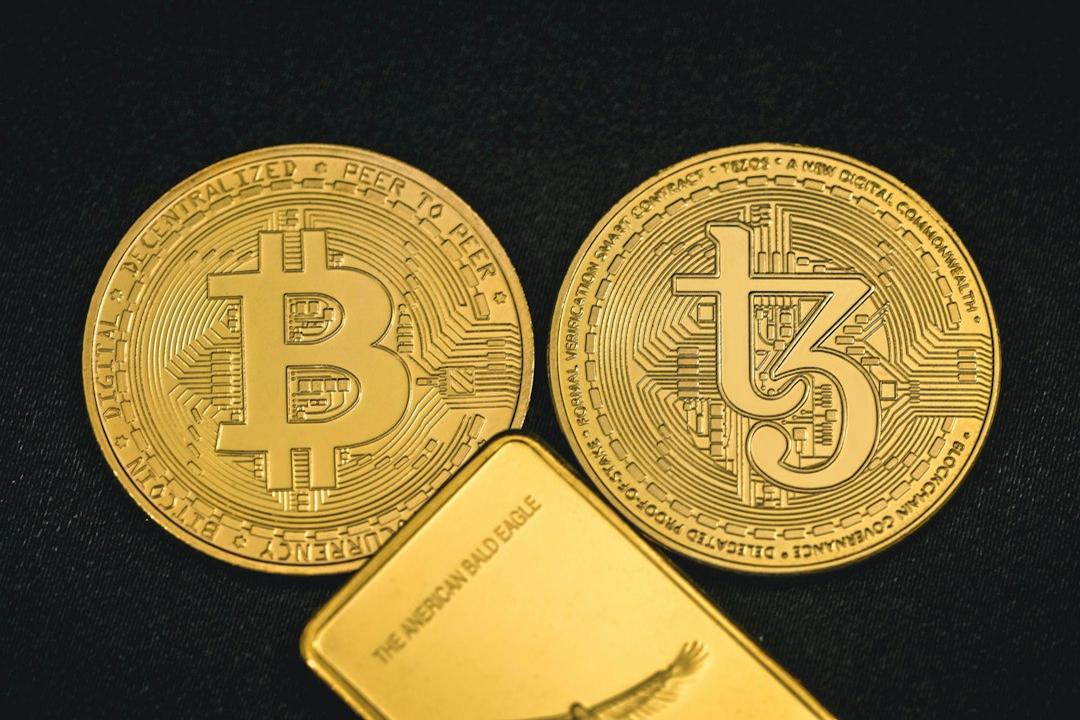Significant attention has been captured by the recent actions of both the German and United States governments as they engage in the transfer of substantial amounts of cryptocurrency assets.
The German government executed notable Bitcoin (BTC) transfers, while their U.S. counterparts moved Ether (ETH) from confiscated funds. On July 1, the German government initiated the transfer of 1,500 BTC valued at approximately $95 million to various cryptocurrency exchanges. In parallel, the U.S. government orchestrated the movement of 3,375 ETH amounting to $11.75 million to an undisclosed destination.
Per insights from Arkham Intelligence, a platform specializing in crypto on-chain data, the German government has effectively transferred 2,700 BTC to multiple exchanges within the past fortnight. Notable platforms include Bitstamp, Coinbase, and Kraken. Presently, the German government retains a substantial 44,692 BTC, valued at around $2.82 billion.
Of the recent transfers, 400 BTC from the 1,500 transferred BTC were funneled into the earlier mentioned major exchanges, with a separate 750 BTC transfer occurring on June 26 – distributing 250 BTC each to Bitstamp and Kraken.
Arkham Intelligence data showcases the German government’s crypto movements over the preceding four days, providing valuable insights into their activities. Additionally, questions arise regarding Germany’s potential for selling its BTC holdings, particularly as interest is piqued by wallets tagged by Arkham.
Shifting focus to the U.S., Arkham Intelligence data indicates significant activity by the government, particularly in relation to seized funds from Estonian crypto entrepreneurs Potapenko and Turogin. Recent transactions involved the transfer of 11.84 BTC, equivalent to approximately $743,000, on June 30 from a separate seized funds address. This was followed by the complete relocation of the U.S. government’s $11.75 million ETH holdings to an unfamiliar address.
Further analysis suggests strategic management of these crypto assets by both governments, potentially hinting at Germany’s inclination towards liquidating its holdings on prominent exchanges. Conversely, the U.S. government’s movement of funds to an undisclosed wallet hints at a broader shift in their approach to ETH fund management.
The recent adoption of the Markets in Crypto-Assets Regulation (MiCA) by the European Union is likely to impact Germany’s crypto transfers significantly. Encompassing stablecoins and crypto asset services, MiCA is poised to disrupt the crypto market in a substantial manner.
In the broader context, these governmental actions reflect a dynamic landscape within the cryptocurrency realm, with implications stretching beyond immediate transactions to potential regulatory shifts and market influences.
For further cryptocurrency updates and insights, delve into the latest edition of Hodler’s Digest, encompassing news such as VanEck’s Solana ETF filing and the inflation of Ether supply.

